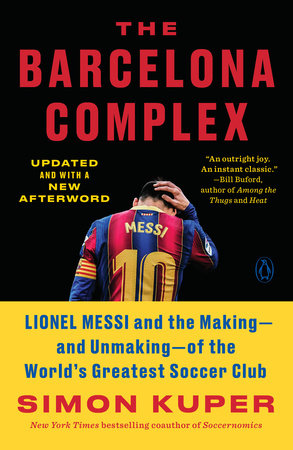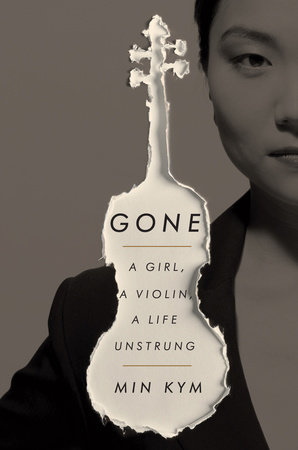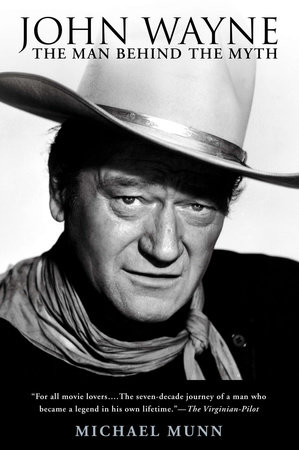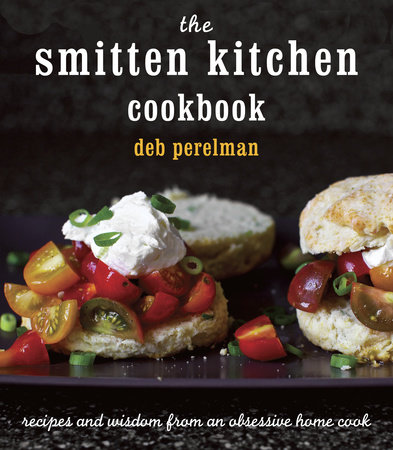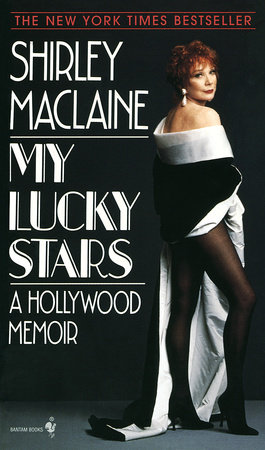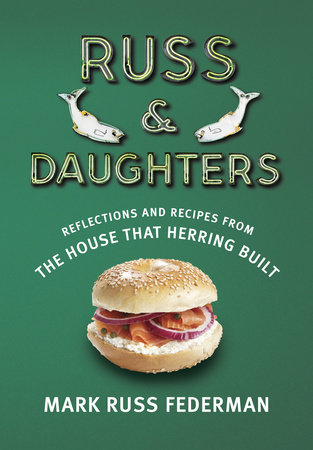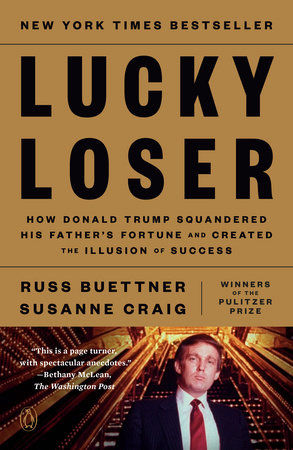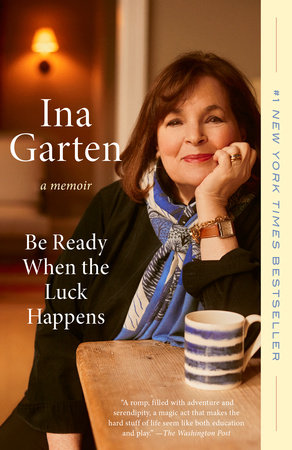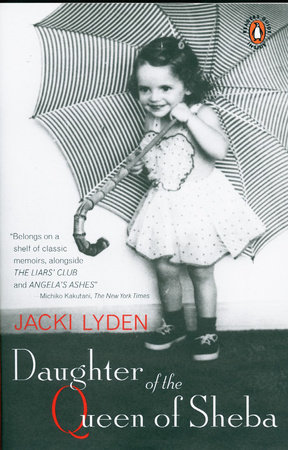Q: What drew you to Julia as a subject?
A: As an avid cook, I always suspected that Julia was somehow responsible for my stovetop enthusiasms. I watched her TV show at my mother’s elbow when I was a teenager, and always consulted “Mastering,” and especially “The Way to Cook,” while preparing family dinners. But in 1992, while I was on assignment for various magazines in Italy, I got the chance to meet and travel through Sicily with Julia, which is when I developed a huge crush. She was, well, Julia Child! — larger than life and full of all the personal traits one associates with her: straight talk, passion, encouragement, wit, and insight. I knew immediately that I would write a biography of her and received her blessing. And after her lovely memoir, My Life in France, I recognized that the rest of her life needed to be fully captured. Once I was finished with “The Beatles,” I was able to achieve that goal.
Q: Is there anything you discovered about Julia that you think we will be surprised to learn?
A: Everything about Julia was a revelation. I never realized that she felt so lost in her early life — that she considered herself nothing more than a dilettante or “social butterfly” and was headed for nothing more remarkable than a secretary of, if possible, a housewife. In college, she was a rebel and cared more about finding a speakeasy during Prohibition than her classes at Smith College. I also never understood exactly how involved she was in the spy business. She wasn’t an actual spy, but she knew the placement and classified movements of every US spy in Southeast Asia during World War II and had given each their code names. It floored me that, at the age of 40, she finally found her calling, at Le Cordon Bleu in Paris, and muscled her way through the school to become the authority on French cooking in America. But most of all, I was surprised to learn that Julia was not only the first educational TV star, but that the entire network of what we now know as PBS was built from The French Chef.
Q: How did Julia revolutionize the way American women saw cooking?
A: Before The French Chef, most American housewives sought convenience in the kitchen and were in thrall to packaged and frozen food, TV dinners, fish sticks, converted rice, Jell-O molds, and iceberg lettuce. Casseroles were the height of home dining elegance. But through her TV shows and cookbooks, Julia inspired Americans to cook from scratch, using fresh ingredients and timeworn techniques, which sparked a love affair with fine dining. Watching Julia cook with competence and ease, viewers were convinced that they could, too, and American cooking was never the same.
Q: You have said that “Julia always considered herself a feminist. Always. But not in a fundamentalist sort of way.” What do you mean by that?
A: Simply that Julia believed that women could do anything they set their minds to and should always consider themselves equal to men. It had more to do with self-image than tract. Julia was raised by a father who believed that women weren’t meant to be professionally accomplished and expected her to be nothing more than compliant and supportive. When she discovered her hidden talent — as well as her independent mind — she urged all women to seek their dreams. Also, when Julia grew enraptured by French cooking, there were no women in restaurant kitchens, and she used all of her influence to change that.
Q: You allude to the fact that Julia is responsible for the current slew of ingredients that we see in today’s produce section and at our supermarkets, generally. Can you elaborate on that?
A: When Julia introduced French cooking to American viewers on TV, the supermarket had a dearth of essential ingredients. There were no shallots, no leeks, no capers, no varieties of cheeses, only iceberg lettuce — the list goes on and on. She urged viewers to demand ingredients from their grocers and continued to introduce essential ingredients on her shows that were non-existent in supermarkets up until that time. But Julia was also a fan of American supermarkets. She thought the varied selection of items was fantastic, compared to what she was used to in France, and was convinced that if you asked a grocer to carry a particular item, he would make every effort to get it.
Q: It took Julia ten years to write MASTERING THE ART OF FRENCH COOKING. WHY DID IT TAKE THAT LONG?
A: The easy answer would be to blame the publishing process — three different houses, a slew of editors. But, in truth, it took so long because of Julia’s devotion to what she called the “scientific proof.” That meant each recipe had to be tested umpteen times and with various ingredients before it was deemed foolproof and worthy of inclusion in the book. And Julia was exhaustive — not only in her research but her testing process. She often cooked recipes ten and fifteen times, as well as gave them to her “guinea pigs,” a battery of friends and family, who cooked them under different conditions to insure that home cooks everywhere would get the same results.
Q: As the first education TV star, what do you think Julia would think of today’s ‘food celebrities’ who appear on the Food Network and the Cooking Channel?
A: This is a tricky question for me to answer. Julia always admired any cook who taught technique and advanced cooking, and she was a very early supporter and patron of early TV cooking stars like Emeril Lagasse and Sara Moulton. There are food celebrities I’m sure she would admire for their expertise and flair, like Bobby Flay and Mario Batali. But Julia hated flash, and I think she would be appalled at the number of so-called “food celebrities” who have little talent for anything but the camera and regard food as merely props. The notion that you can be an instant star or open your own restaurant with little or no experience, let alone a significant apprenticeship, goes against everything she stood for.
Q: What sorts of documents and interviews were you able to get access to, to draw this fully formed picture of Julia?
A: I spent a year researching the Julia Child archives at the Schlesinger Library at Harvard, which included all of her private papers, journals, letters, keepsakes, and scripts for her shows. In addition, the same archive had all of Paul Child’s extraordinary letters — some that were six to ten pages in length that he wrote every day from 1940 until 1974 and contained brilliant descriptions of his and Julia’s lives. Moreover, the McWilliams and Child families were extremely supportive of my work and opened up private scrapbooks and photo archives as well as their own personal recollections. To support all of that, I conducted hundreds of interviews with her friends and colleagues that helped to round out a very personal, vivid and complete picture of Julia.






